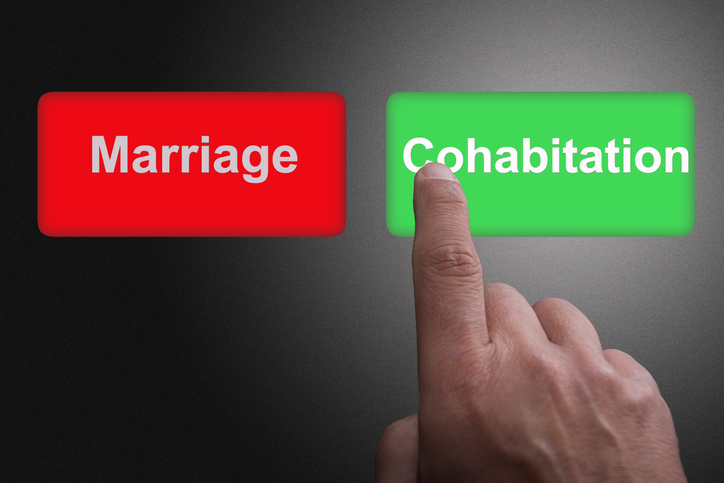For cohabitation awareness week we highlight the top five points you need to know about cohabitation which includes some common misconceptions.
1. You do not have the same rights as a married couple
Many people believe that being in a cohabiting relationship with someone gives rise to certain legal rights akin to a married couple. This is not correct. A spouse can make a claim for the following remedies on divorce, which are not available to cohabitees who are separating:
- Spousal maintenance
- Pension sharing order
- Lump sum
- Transfer of property
2. There is no such thing as “common law marriage”, even if you have been together for many years
This is a common misconception which has no basis in English law.
3. Having children together does not mean that you can claim maintenance for yourself from your ex-partner
If you are not married, the only payments which you can claim from your partner is in regard to your outgoings relating to your children. You can make an application to the child maintenance service who assess, on the basis of a specific formula, how much your partner should pay in child maintenance.
In limited circumstances you may be able to make an application under Schedule 1 of the Children Act for financial provision for your children. The Court would then have the power to Order the following remedies:
- Monthly payments
- A lump sum
- Transfer or settlement of property
The above remedies however, must be for the benefit of the children only.
4. You will not automatically be entitled to your cohabitees assets in the event of their death
Under the rules of intestacy, a spouse is likely to receive a large part, if not all, of their spouse’s estate on their death. Additionally, a spouse would automatically inherit all assets from their deceased Husband/Wife free from inheritance tax. The same is not true of cohabitees who are not entitled to their late partner’s assets, in the absence of a Will, although they could have potential claims under the Inheritance (Provision for Family and Dependants) Act 1975
5. A Father not named on his child’s birth certificate does not automatically have parental responsibility for them, unless he is married to the Mother at the time of the birth
If married at the time of birth, the Husband automatically has parental responsibility for the child. This is not the same for unmarried couples, and a Father will not automatically have parental responsibility unless named on the birth certificate. Parental responsibility is defined as all the rights, duties, powers, responsibility and authority which you have over the children and their property. Without parental responsibility, the Father would have limited rights in relation to his children.

